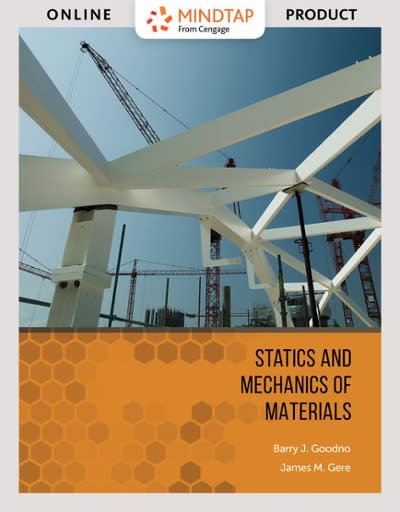Question
In regards to the exclusionary rule, what is the Law professors trying to say and why? We are here today to discuss the relative merits
In regards to the exclusionary rule, what is the Law professors trying to say and why? We are here today to discuss the relative merits of the exclusionary remedy, which was mandated for federal trials in 1914 [Weeks v. United States, 232 U.S. 383 (1914)] and imposed upon the states by Mapp v. Ohio in 1961. The Mapp Court told us that the exclusionary remedy was constitutionally required to ensure police compliance with the commands of the Fourth Amendment. The theory was that unlawful searches and seizures would be discouraged (if not eliminated) when the law enforcement community realized they could not use the evidence so obtained when the case went to court. In addition to deterrence, the Court suggested that the "imperative of judicial integrity" required that courts not soil their hands with tainted evidence. Let's start then with the stated purposes for the remedy. Was Mapp correct in its assessment that the exclusionary rule would deter police from acting unlawfully? I should point out that the Mapp rule has been significantly modified since its inception, and those modifications have really curtailed its scope. For example, the exclusionary sanction can be enforced only by someone with standing to raise it, which has come to mean that the victim must have had a close connection to the place searched in order to challenge the police action. A so-called "good faith" exception has been carved out, which avoids the exclusionary sanction in situations where the police act in reasonable reliance on a warrant issued by a magistrate, even if it turns out that the warrant wasn't valid. And the remedy has been limited to criminal trials and direct appeals; it's not available in habeas proceedings, at the grand jury, or in civil actions. In other words, the Supreme Court has not been unmindful of the need to adjust the rule constantly to accommodate the interests of law enforcement and public safety. Police Chief: Unfortunately Rome is burning while the Justices are tinkering, Professor. It's time to get rid of Mapp, and I think the Court will do just that. It's just a matter of time. Professor: Well, I'll leave prediction to those of you with the tea leaves, but the Court is certainly moving in that direction. Anyway, the debate over the suppression sanction won't be resolved here today. The problem is, as always, balancing the public interest in prosecuting crime against the equally important public interest in maintaining a free society that respects individual rights. We've run out of time, so I'll thank you all for your insights.
Step by Step Solution
There are 3 Steps involved in it
Step: 1

Get Instant Access to Expert-Tailored Solutions
See step-by-step solutions with expert insights and AI powered tools for academic success
Step: 2

Step: 3

Ace Your Homework with AI
Get the answers you need in no time with our AI-driven, step-by-step assistance
Get Started


